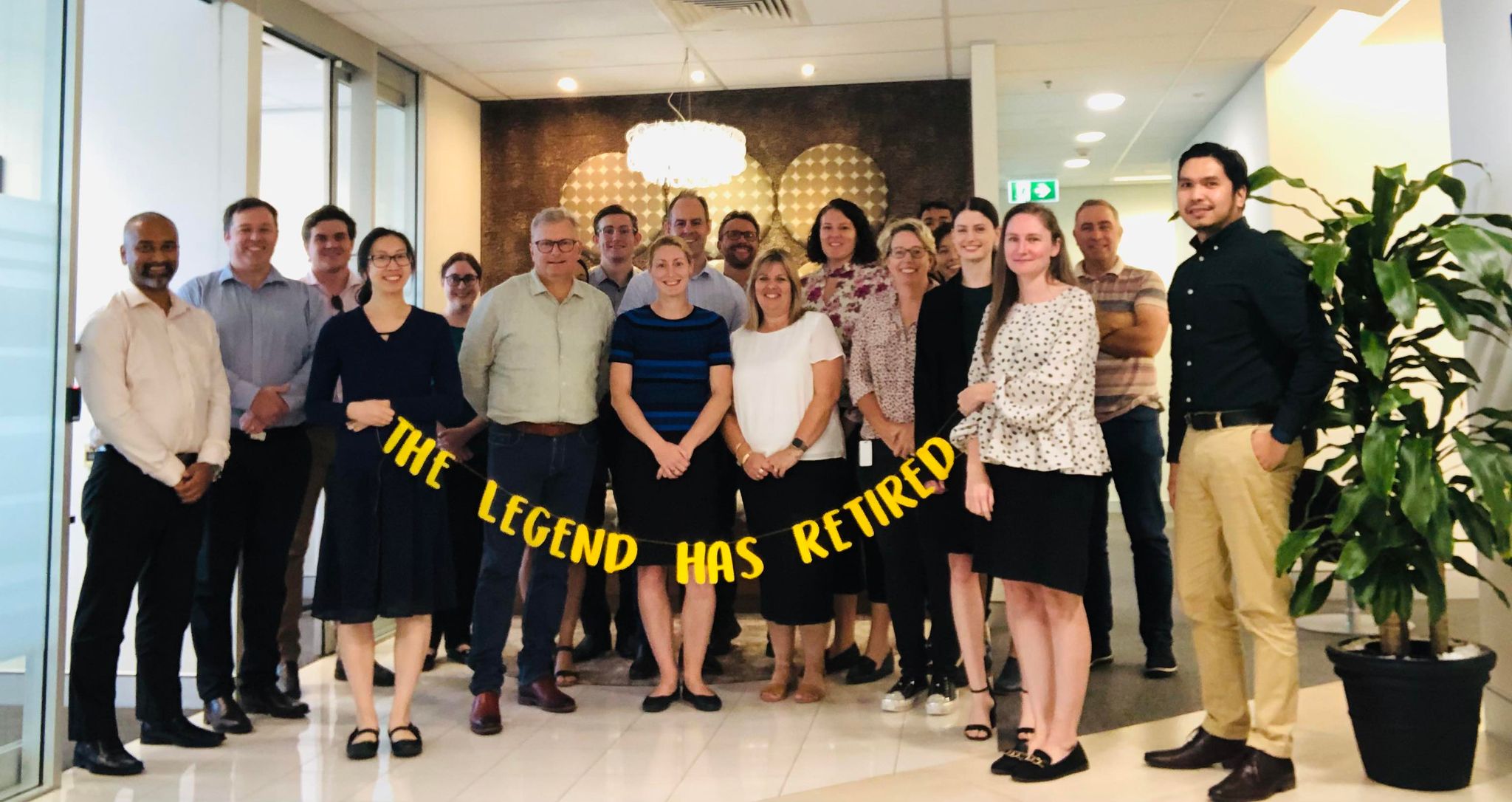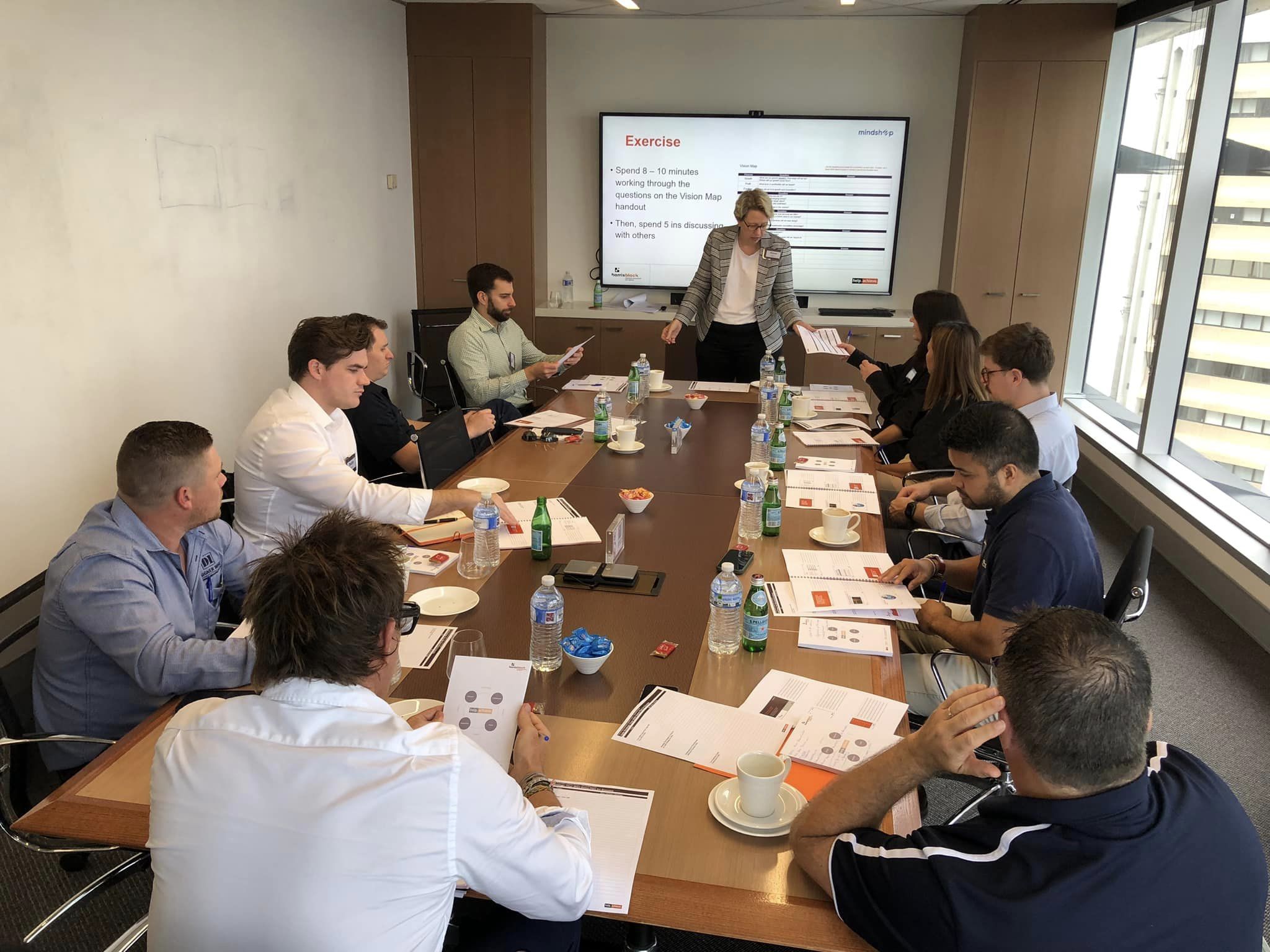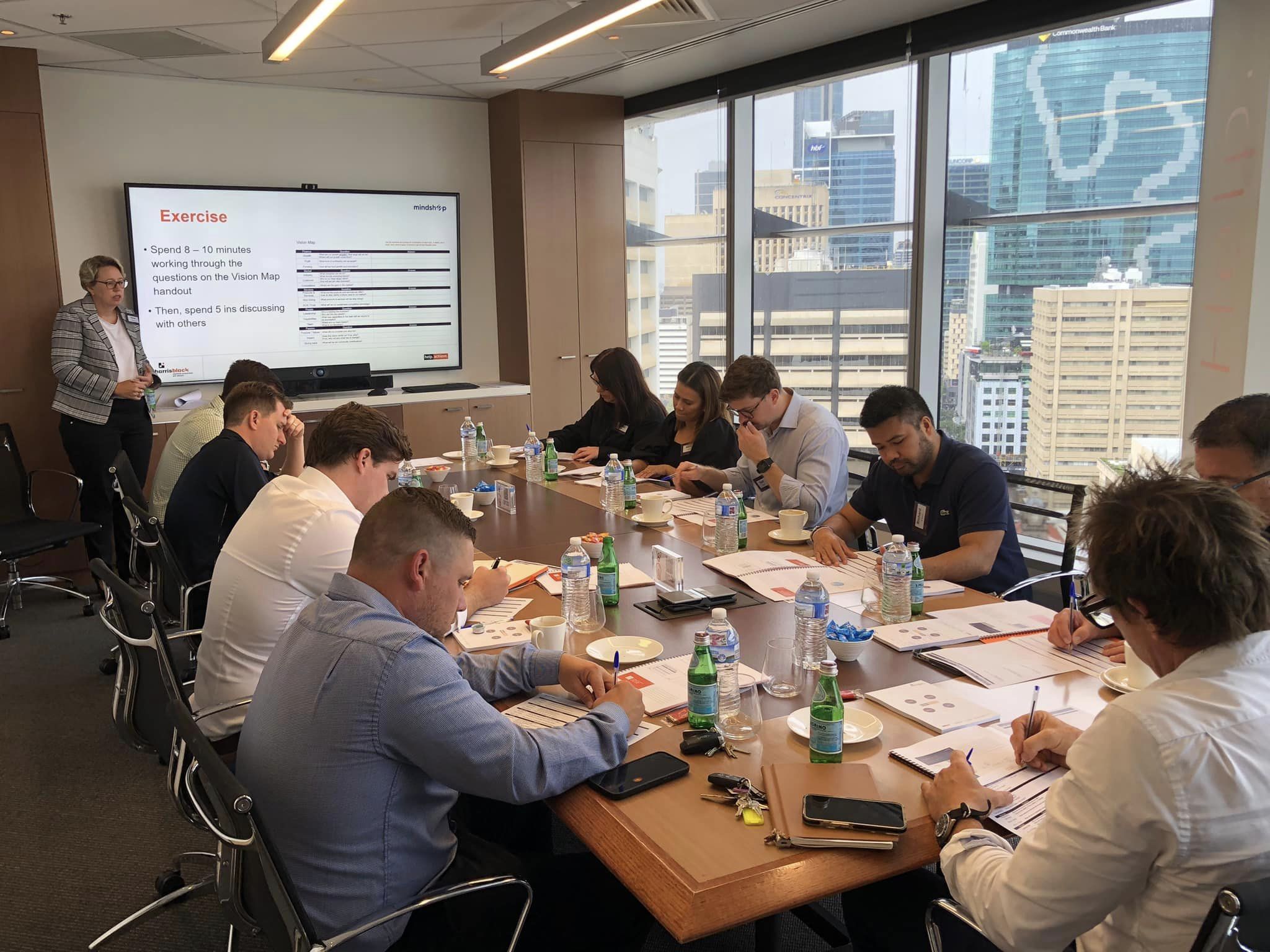Business experts say we’re in a tough spot right now. They call it a BANI world – that stands for Brittle, Anxious, Non-Linear, and Incomprehensible. It sounds pretty scary and overwhelming, doesn’t it? So, what can we do about it? Yes, things are uncertain, but there’s a trick to dealing with it. I learned this trick from watching this interview with Jeff Bezos, Amazon founder and world richest person. He says when things are crazy, we should ask ourselves a simple question: “What things will always stay the same in our business and industry?”
This question helps us focus. It cuts out the noise and confusion. Instead of stressing about everything changing, we look for the things that will never change. It could be stuff like how we treat our customers or the quality of our products.
Instead of feeling overwhelmed, we can use this question to figure out where to put our time and effort. So, if you’re feeling swamped in your business, take a moment to ask yourself this question. It might just give you the clarity you need to keep moving forward.









